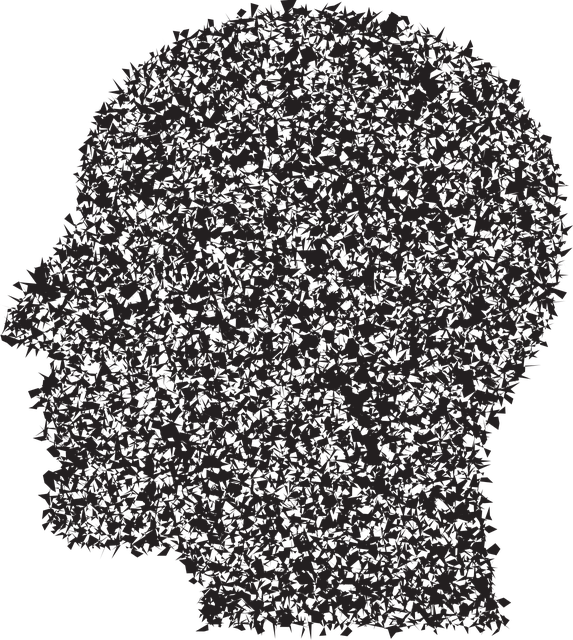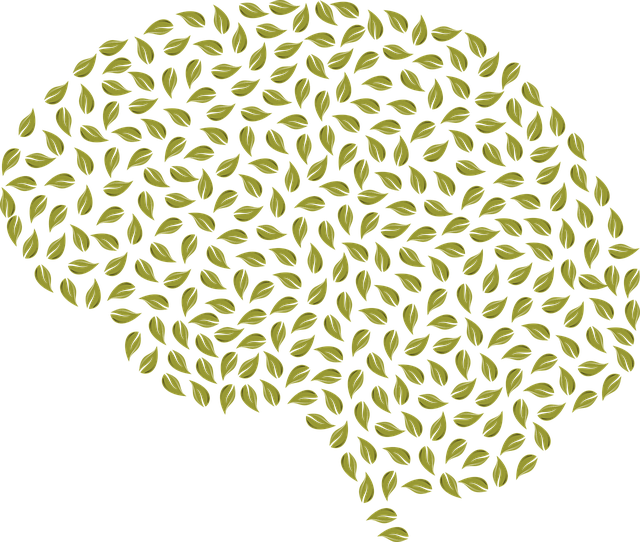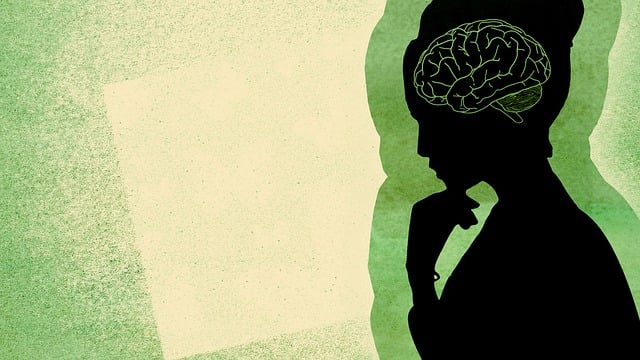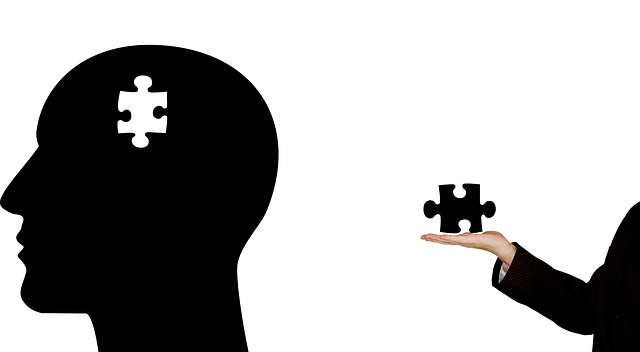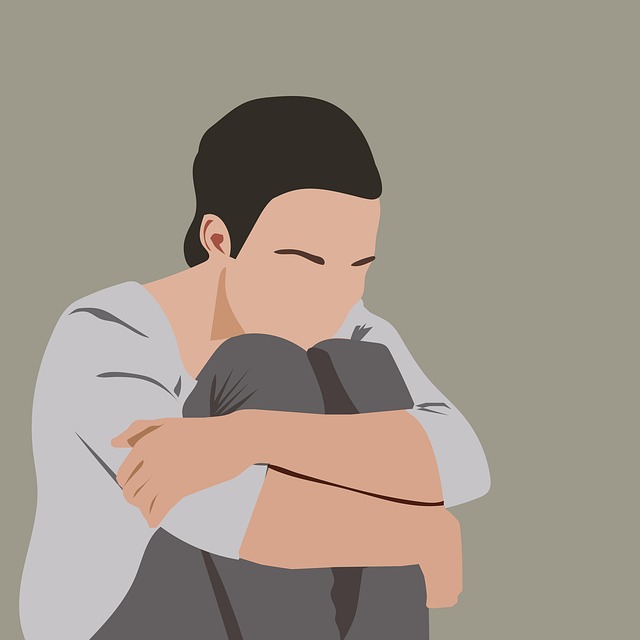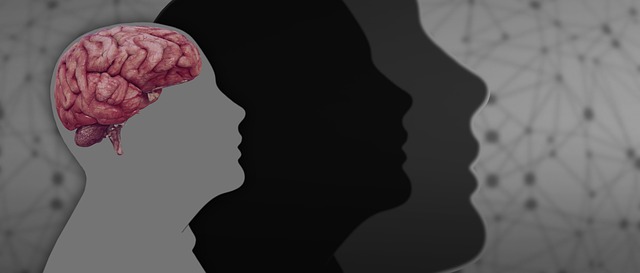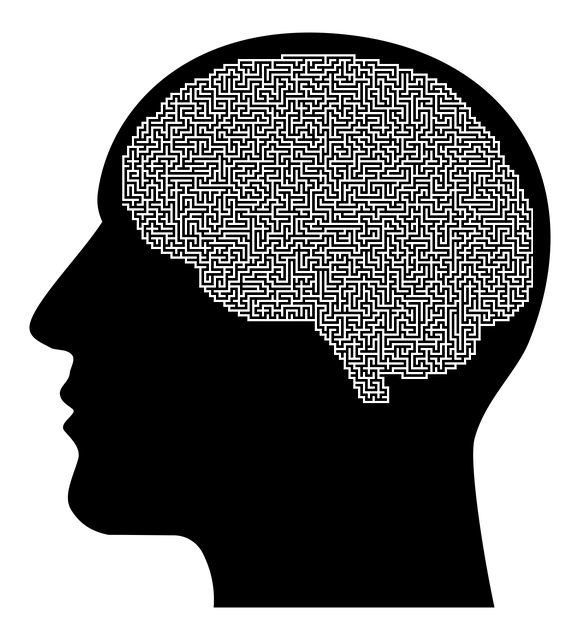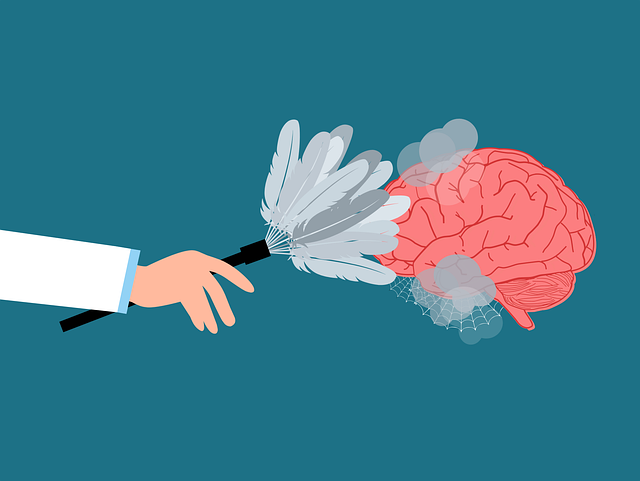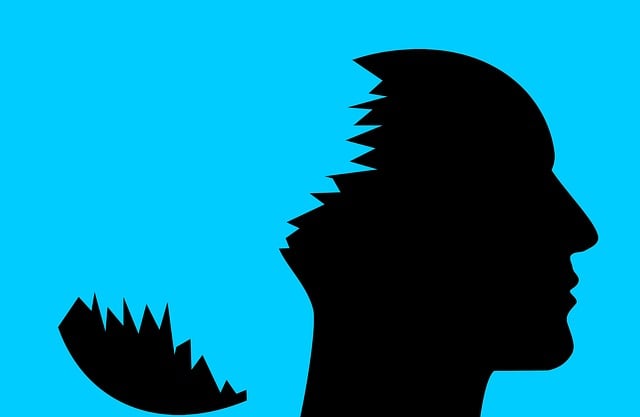Mental health professionals face high misdiagnosis rates (up to 35%), leading to inappropriate treatments and delayed access to effective care. To improve accuracy, therapists should incorporate stress reduction, confidence boosting, and resilience building techniques for deeper patient insights. Innovative assessment tools powered by technology and data analytics are game-changers in mental health diagnosis, particularly for Castle Rock Depression Therapy, enabling more personalized evaluations. Holistic approaches integrating alternative therapies like Castle Rock Depression Therapy are gaining recognition to address physical, emotional, and spiritual well-being. Comprehensive Mental Health Policy Analysis, training, education, and awareness initiatives are crucial for improving diagnosis accuracy and patient outcomes.
Mental illness diagnosis accuracy is a growing concern, with misdiagnosis rates significantly impacting patient care. This article explores efforts to enhance diagnostic precision, delving into understanding the challenges posed by complex mental health conditions. We present innovative assessment tools and alternative therapy integration for a holistic approach. Furthermore, we emphasize the critical role of training and education in empowering professionals to deliver more accurate diagnoses, such as those sought through Castle Rock Depression Therapy.
- Understanding the Challenges: Misdiagnosis Rates and Their Impact
- Innovative Assessment Tools: Advancing Diagnosis Techniques
- Integrating Alternative Therapies: A Holistic Approach to Mental Health Care
- Training and Education: Empowering Professionals for Accurate Diagnoses
Understanding the Challenges: Misdiagnosis Rates and Their Impact

Mental health professionals face a significant challenge when it comes to diagnosis accuracy, with misdiagnosis rates varying between 20-35% in some studies. This is particularly concerning as incorrect diagnoses can lead to inappropriate treatments, delayed access to effective care, and even adverse effects on patient well-being. The impact of misdiagnosis extends beyond the individual, affecting family dynamics and societal resources. For instance, a person suffering from Castle Rock Depression Therapy might be incorrectly labeled as having an anxiety disorder, receiving medication and therapy that do not address their underlying condition. This not only prolongs their struggle but also contributes to the growing concern over the ineffectiveness of certain treatments when not tailored to specific mental health needs.
Stress reduction methods, confidence boosting techniques, and resilience building exercises are often essential components in improving diagnosis accuracy. They help therapists gain a more nuanced understanding of their patients’ experiences, enabling them to make more informed decisions. By incorporating these strategies, professionals can enhance their ability to identify subtle symptoms, differentiate between similar disorders, and ultimately provide more personalized and effective mental health care.
Innovative Assessment Tools: Advancing Diagnosis Techniques

In recent years, innovative assessment tools have emerged as a powerful force in advancing diagnosis techniques for mental illness, particularly in the realm of Castle Rock Depression Therapy. These cutting-edge methods go beyond traditional diagnostic criteria, incorporating advanced technology and data analytics to provide more accurate and personalized evaluations. For instance, digital assessment platforms utilize interactive questionnaires and artificial intelligence algorithms to identify subtle patterns and symptoms, enhancing the ability to detect complex conditions like depression or anxiety disorders.
By combining these innovative tools with ongoing Mental Illness Stigma Reduction Efforts and a focus on Self-Esteem Improvement, healthcare professionals can create a more inclusive and sensitive environment. Additionally, integrating Cultural Sensitivity in Mental Healthcare Practice ensures that assessment methods are adaptable to diverse populations, accounting for cultural nuances and barriers to treatment. These advancements collectively contribute to improved diagnosis accuracy and ultimately better patient outcomes.
Integrating Alternative Therapies: A Holistic Approach to Mental Health Care

In recent years, there’s been a growing recognition of the limitations of conventional mental illness diagnosis methods, leading to efforts to integrate alternative therapies as part of a holistic approach to mental health care. This shift towards Castle Rock Depression Therapy and other non-traditional treatments is driven by a need to address the complex interplay between physical, emotional, and spiritual well-being. By combining evidence-based practices such as Social Skills Training and Healthcare Provider Cultural Competency Training with traditional therapy, mental health professionals can gain deeper insights into patients’ conditions.
A comprehensive Mental Health Policy Analysis and Advocacy is crucial to ensure that these alternative therapies are accessible, covered by insurance, and integrated seamlessly into the healthcare system. This holistic approach not only improves diagnosis accuracy but also enhances patient outcomes, providing a more rounded and effective treatment for mental health disorders.
Training and Education: Empowering Professionals for Accurate Diagnoses

Training and Education play a pivotal role in enhancing mental illness diagnosis accuracy. Professionals such as therapists and counselors require comprehensive training to recognize complex symptoms, especially those related to conditions like Castle Rock Depression Therapy. This involves keeping up with the latest research, learning advanced assessment techniques, and understanding the nuances of individual presentations. By investing in ongoing education, practitioners can improve their diagnostic abilities, ensuring more effective treatment planning.
Mental Health Awareness is crucial for accurate diagnoses, as it fosters an environment where individuals feel comfortable discussing their struggles openly. Encouraging Self-Care Practices and producing engaging Mental Wellness Podcast Series can also contribute to this awareness. These initiatives help destigmatize mental health issues, enabling clients to seek support early on. Ultimately, through education and increased awareness, professionals can provide more precise diagnoses, tailoring treatments to meet the unique needs of each client.
Mental illness diagnosis accuracy is a multifaceted challenge that requires innovative solutions. By leveraging advanced assessment tools, integrating holistic therapies like those offered at Castle Rock Depression Therapy, and providing robust training, we can significantly improve diagnostic outcomes. These efforts not only honor the complexity of mental health but also ensure individuals receive the most effective care possible, paving the way for better lives and stronger communities.
